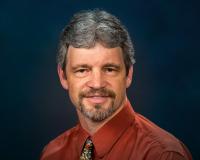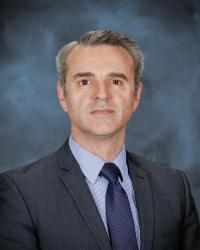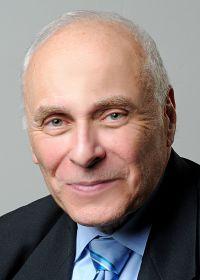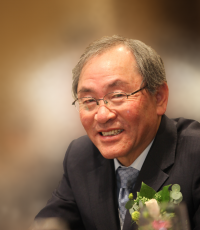
The Nuclear Technology R&D program is investigating options to transmute minor actinides. To achieve this goal, new fuels and cladding materials must be developed and tested to high burnup levels (e.g. >20%) requiring cladding to withstand very high doses (greater than 200 dpa) while in contact with the coolant and the fuel. New ferritic/martensitic and ferritic Oxide Dispersion Strengthened (ODS) alloys are being developed with improved radiation tolerance. The ferritic/martensitic alloys include slight variations in the composition of HT-9 to improve resistance to low temperature embrittlement and void swelling. In addition, ferritic ODS alloys are being processed into tube form and tested for future nuclear applications. Recent progress in high dose irradiated materials testing and materials development will be presented.
Stuart Maloy is a Team Leader for MST-8 (materials at radiation and dynamic extremes) at Los Alamos National Laboratory(where he has worked for 28 years) and is the advanced reactor core materials technical leader for the Nuclear Technology Research and Development’s Advanced Fuels campaign and the NEET Reactor Materials Technical Lead for DOE-NE. He has a Bachelors (’89) Masters (’91) and PhD (’94) in Materials Science from Case Western Reserve University and is a registered PE in Metallurgy. He has applied his expertise to characterizing and testing the properties of metallic and ceramic materials in extreme environments such as under neutron and proton irradiation at reactor relevant temperatures. This includes testing the mechanical properties (fracture toughness and tensile properties) of Mod 9Cr-1Mo, HT-9, 316L, 304L, Inconel 718, Al6061-T6 and Al5052 after high energy proton and neutron irradiations using accelerators and fast reactors. Characterization of materials after testing includes using transmission electron microscopy for analyzing defects such as dislocations, twins and second phases, using high resolution electron microscopy to characterize defects at an atomic level and nanoscale mechanical testing. Stuart has >180 peer reviewed technical publications and numerous presentations.








